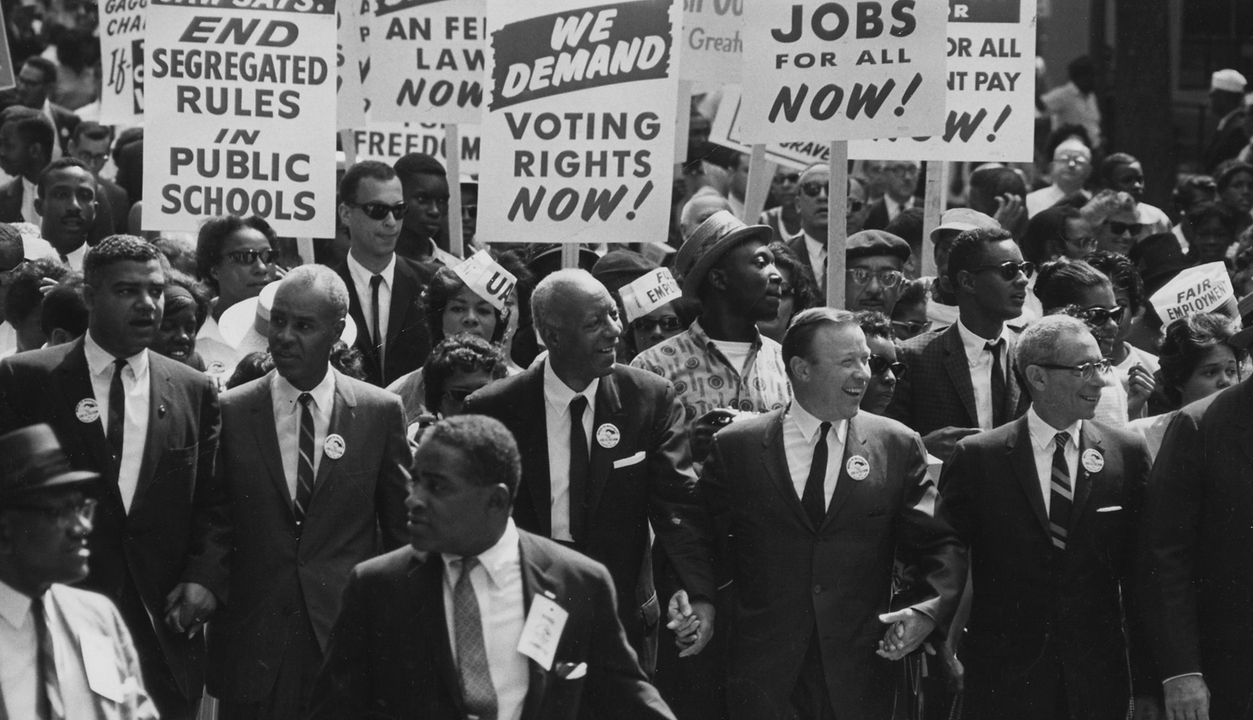A “Recreation, Religion, and Culture” Common Country Analysis in the newly released and free digital publication, Long-Term Strategic Plan for Black America, includes a discussion concerning the absence of transparency for important Black religious and nonprofit organizations. There is historical evidence that certain important Black organizations operated expressly in our interest—at least at one time.
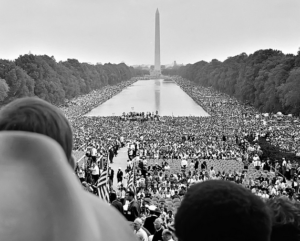
One might argue that heartfelt efforts to uplift Black America by these organizations flowed from our ancestors, who were intent on righting wrongs and producing a better quality of life for us in an America paused for authentic change.
By the time we reach the end of the Civil Rights Era, White America has developed a set of intricate strategies to thwart our every effort to rise. For example, school desegregation and busing placed our elementary and secondary school children under the tutelage of those dead set on constraining our ability to serve as economic competitors opposite their children for future jobs, income, and wealth.
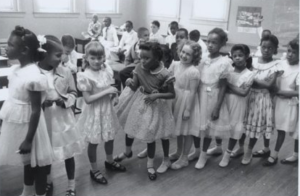
The new invitation for Black Americans to shop at White enterprises resulted in the closure of many sizeable and vibrant Black businesses as we came to conclude that “someone else’s ice
was colder.” And the already mentioned religious and nonprofit organizations were positioned on the front lines as agents for White America to provide real-time and continuous information about goings-on in our areas of influence (communities).
As symbols and glimmers of hope, certain critical and some innocuous institutions in our areas of influence were allowed to remain seemingly intact. However, White America understood well that the life blood of economies is money, and that if they controlled the flow of money to these institutions and ensured that Whites provided governance oversight, then they could stifle our rise perpetually. The reference here is mainly to Historically Black Colleges and Universities, churches, and social and fraternal organizations.
How many of these institutions do you know today that are completely and authentically Black? Have you looked below the veneer?
Therefore, we (those of us who are not tightly tied to White money and power) find ourselves still aching to rise and to achieve some independence and self-determination. But as we look for institutions to employ in the rise, we find that they are hollow shells that are nearly totally dependent on inflows from White corporations, foundations, other institutions, or the government.
If we want to initiate a new program of uplift, like Black Lives Matter, then we seek assistance from outside. If we want to build new infrastructure (e.g., the National Museum of African American History and Culture), or to expand an existing institution’s infrastructure, we look outside.
Are we serious about rising? Do we think that others will support our rise knowing that as soon as our rise is successful, then we are likely to make every effort to return the favor of 400 plus years of pain and suffering that we endured? But we beg others shamelessly for what we can plan and do for ourselves if we would only invest our minds, bodies, and souls completely in the rise.
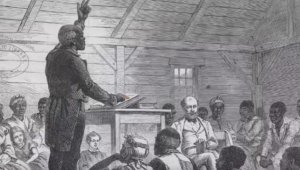
Probably the most important of Black institution calls us to look inward, dig deep, and to support it. It is Black in name, and it is Black in substance. But it is not Black in essence. Here, we are referring to the Black church. It is not Black in essence because, while we pour our time, energy, effort, and hard-earned financial resources into building and maintaining Black churches (fortunately, increasingly less so), the money typically cycles through to White banks, construction firms, lawyers, accountants, retirement funds, and other service providers. Also, the sad fact is that certain Black churches and other nonprofit institutions are the most egregious when it comes to laying bare and transparently the true nature of their financial operations.
![]()
Malcolm X was one of the first to remind us that it was flat out wrong to continue building churches when we needed more important institutions and other resources in our areas of influence. He said succinctly (paraphrasing): We are the only people who keep building churches when we are in dire need of jobs, while Whites build factories. After Whites build factories, we run to them begging for jobs, while continuing to pray in our churches for jobs. If we had built factories instead of churches, then we would have our own jobs.
It does not make sense to know that most crime is rooted in some form of economic deprivation, to suck money out of our areas of influence that could address many economic concerns, and then to use that money to build churches in which to preach to our people to halt criminal behavior. We do the very thing (build churches that crowd out important economic development) that prevents us from solving our economic, crime, and other problems. That is insanity!
Although one can observe improvements here and there, Black America has devolved into a community of beggars. Even our recent thrusts for Reparations are marked by the formation of Reparations groups that seek funding from outside.
Why does Black America think that White America will hand a small portion of their hard-earned money to us today to build and win a case for Reparations that will then require Whites to fork over enormous sums of money tomorrow? This is not logical.
One can imagine that the strategy is for Whites to provide sufficient resources for Whites and Blacks to perform research that will reveal all the flaws in the Reparations case and to ensure that Blacks become addicted to, and dependent on, White funds for the Reparations fight. At the most critical of junctures in the Reparations fight, White funds will be withdrawn. Unfortunately, Black America will not have prepared ourselves to fund our own Reparations fight, will experience severe withdrawal symptoms, and the entire Reparations thrust may end in a still birth.
Begging is a very harmful practice, especially when it becomes endemic. It is most pernicious when it becomes ingrained as an accepted practice. If Black America continues to rely on others to do for us what we can and should do for ourselves, then we may awaken to find that wide-open opportunities to do for ourselves and to rise arise. However, by not developing our own capabilities, we may have conditioned ourselves to be unable to avail ourselves of the opportunities.
It is shameful that we have become beggars for almost everything except salvation that churches sell. What we seem to not remember although it is written in the Holy Bible (Ephesians 2:8-9) is that salvation is free!
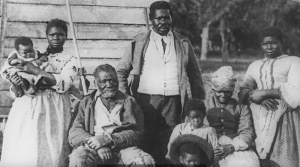
Dr. Brooks Robinson is the founder of the BlackEconomics.org website
